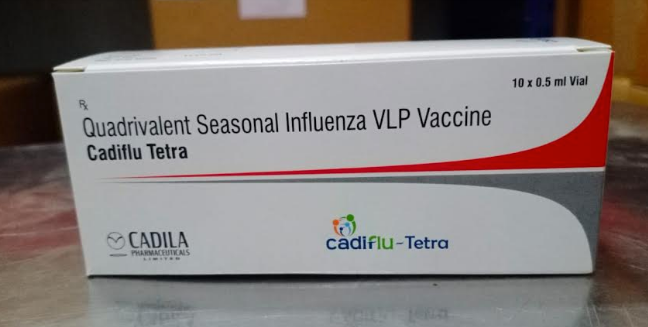Stereotactic radiation highly effective for kidney cancer
03 May 2017 | News
Treating metastatic kidney cancer with an advanced, focused form of radiation called stereotactic ablative radiation therapy achieves more than 90 percent control of metastases.

New research at UT Southwestern Medical Center’s Kidney Cancer Program of the Harold C. Simmons Comprehensive Cancer Center showed that treating metastatic kidney cancer with an advanced, focused form of radiation called stereotactic ablative radiation therapy achieves more than 90 percent control of metastases.
The standard of care for metastatic renal cell carcinoma is systemic therapy, such as targeted drugs or immunotherapy, which often has significant side effects like fatigue, high blood pressure, and rash. The new study shows that some of these patients can be treated with stereotactic radiation therapy with the goal of being cured, or to delay systemic therapy, allowing patients to enjoy a better quality of life without the side effects of the drugs.
This study, which represents, possibly, the largest experience reported in the medical literature, may also help medical oncologists, since stereotactic radiation could be used for patients who have limited sites of progression while receiving systemic therapy.
The research was conducted in the Kidney Cancer Program, one of two programs in the country to be recognized with an $11 million SPORE (Specialized Program of Research Excellence) from the National Cancer Institute. As part of the SPORE, researchers are improving the ways in which radiation is given by evaluating combinations with drugs and identifying those tumors that are most likely to respond. In particular, investigators are evaluating combinations with immunotherapy, iSABR – immunotherapy and Stereotatic Ablative Radiation Therapy.

















